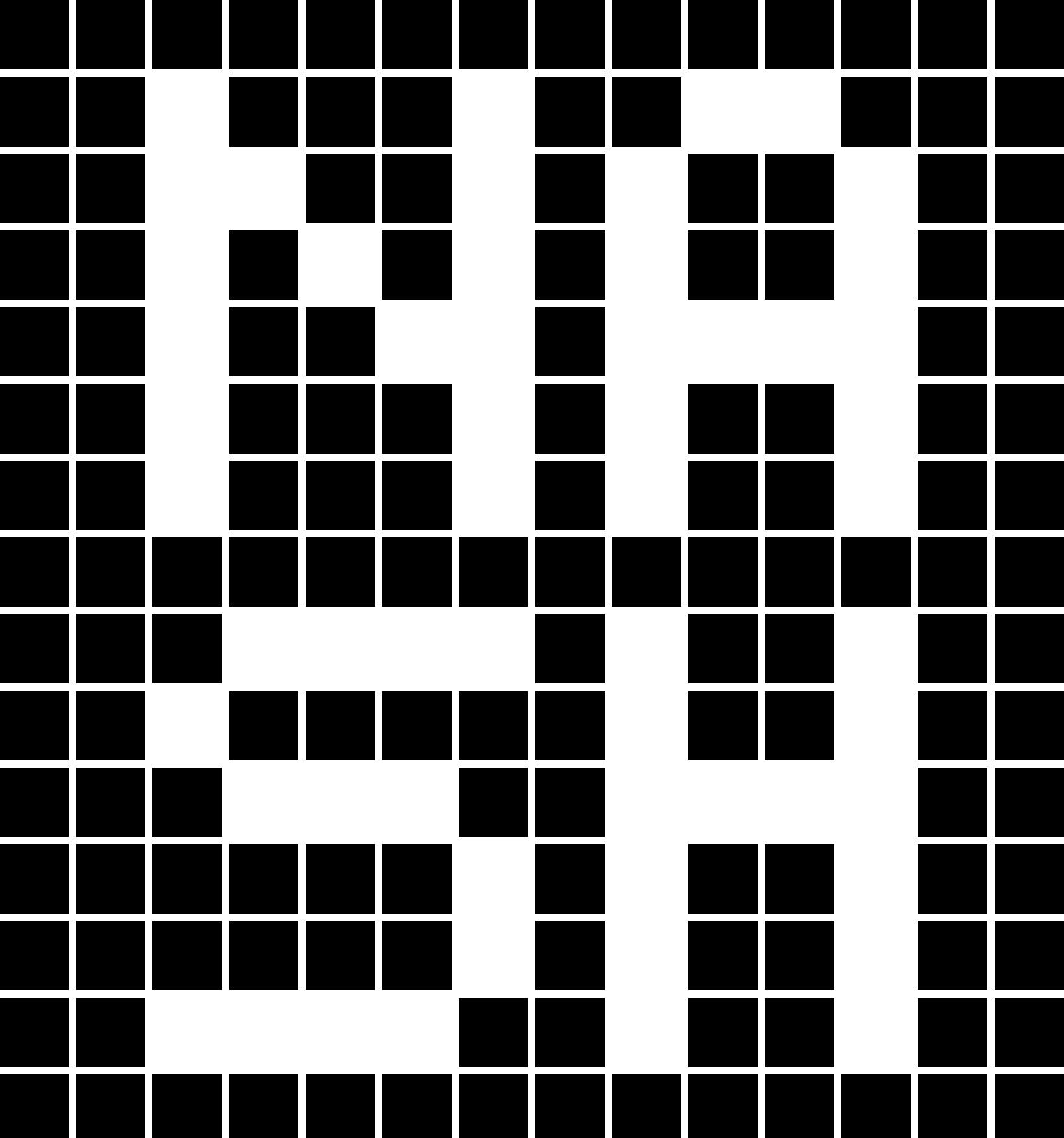In a previous article, we discussed how a person can hold on to his childhood dreams, build a support system, and manage his time efficiently. In this article, we continue to explore models of self-improvement by contrasting idealized and practical pathways to achieving competency.
The Monomyth
One model of personal improvement is the monomyth, more popularly known as the hero’s journey. In quintessential versions of the narrative model, a man goes on a transformative adventure in which he is victorious in challenges that almost kill him before emerging as the hero he was always destined to become.
The authors of Greek myths, some of the most well-known adherents to the monomythic storyline, famously posit a legendary figure who outwits all his contenders and, through unnatural strength and agility, wins wars and accomplishes incredible feats to secure the favor of gods and kings alike.
After the Greek goddess Hera cursed him with temporary madness, the Greek divine hero Heracles murdered his wife and his three children with his own hands. As atonement, Heracles completed the twelve labors, which included slaying the Nemean Lion, a monstrous creature with a hide impervious to weapons, and capturing Cerberus, the three-headed hellhound guarding the mythological underworld Hades. Heracles then emerged as a hero for all humans, symbolizing the virtue of applying unflagging and naturally superior strength and fortitude to prevail over every impossible challenge.
Yet, the monomyth model of personal development needs to be revised. People rarely embark on uninterrupted journeys to reach redemption or profound inner rebirth. Progress is more often uneven, repetitive, and even tormented. A hero who excels at overcoming any obstacle without prior effort or internal conflict is pure fiction. Mere humans are not born with inherent abilities to achieve greatness.
In our natural, modernized world, it is unrealistic, not to mention inefficient, for a person to try to match, in their present-day reality, the strength of Greek heroes, the intellect of medieval polymaths, or the exceptional dexterity of fictional secret agents.
The Peter Principle
In contrast to the monomyth, the Peter Principle reminds us that incompetency is a recurring theme of growth. At every stage in life, we’re confounded by the difficulty of how to deal with unfamiliar obstacles. The Peter Principle, originally a satirical concept developed by Laurence J. Peter (an author of the eponymous book), holds that people are promoted until they reach the tier of work that renders them incompetent.
In every new role, the skills a person must practice are not necessarily those he’s acquired from previous roles. The person is stuck coping with their incompetence and, therefore, inefficiency. Only when he masters the ropes of his new role is he promoted to another position — in which he is once again incompetent because of an inadequacy in skills or ability. The cycle continues.
In any hierarchy, an employee tends to rise to his level of incompetence, and that’s where he stays.
Although the management rule describes evolutions within hierarchical organizations, the Peter Principle is not confined to professional progress. In our personal lives, we’re inevitably stuck at various levels of incompetence, whether in the sports we play, the roles we assume in our families, or a position we accept in charity organizations. Our personal narratives are just as defined by periods of struggle against limitation as they are by unrehearsed demonstrations of capability.
Tabula Rasa
Tabula rasa theory of knowledge is the belief that we are born with little to no understanding and can absorb any lesson about the world. Everyone gets a blank slate, and they’re free to paint what they want on their canvas. Any person who’s achieved anything significant in life started with the same empty slate.
When we foster the belief that we can evolve to meet the demands of new challenges, we also acknowledge our struggle with shortcomings, in which a lack of blankness clouds our minds. We choose to avert from the false faith in one's destiny or predetermined calling, as the monomyth highlights in its description of the path toward achievement.
The Peter Principle accurately depicts the self-improvement journey based on Tabula rasa. Self-improvement starts by becoming aware of our incompetencies and improving them one step at a time. Once we compensate for one shortcoming, others emerge. The cycle goes on.
Competency
Achieving competency by addressing a shortcoming in any endeavor can be broken down into smaller steps: developing a plan, consistently executing the plan in the training interval, and, finally, testing progress and reflecting on the plan.
When defining a plan, we must define what we want to reach or achieve. This can be elusive since a person without domain knowledge can’t define meaningful metrics, let alone metrics they can reach in a realistic timeframe. He can, however, rely on expert advice to better understand a challenge's scope and extent of difficulty and thus come up with attainable metrics.
Once metrics are defined, a person has an orientation with which they can develop a plan that can be further broken down into routines. He must then execute these routines throughout the training period. The execution of subtasks within a defined schedule requires discipline. Execution is the art of keenly observing and faithfully replicating a routine many times. In this regard, it pays to have a mindset of persistence over perfection since consistent and frequent practice over a long period leads to better results than occasional intense bursts of activity over a shorter period.
After this development period elapses, it’s time to test the newly acquired skills. Measuring and evaluating the success or efficacy of the development period allows a person to judge whether to reiterate his steps or reflect on what he can change in the devised plan to improve it. This adjustment process involves a lot of curiosity, introspection, and vulnerability since it requires the person to ask others for and be open to integrating feedback on blind spots. In this regard, even personality traits improve when leveraging the Peter Principle.
Scheduling and Adaptability
Although productivity and efficiency are critical for transcending the stagnation described by the Peter Principle, their benefits are only available as long as you continue to create the conditions to act productively and efficiently. Time usually becomes the factor limiting your capacity to practice these traits, and subsequently, selectivity is a necessary intervention.
There are many ways to select the activities you should pursue; I’ve found the one that works best for me: the Joy Value Matrix. Tasks that fall in the upper right quadrant are high-value and high-joy. These should always be a priority. High-value low-joy tasks are a necessary evil since not all work worth doing is satisfying. High-joy low-value tasks could be scheduled for downtime, while low-joy and low-value tasks shouldn’t be scheduled.
In addition, sticking to a routine as a replacement for a more regular application of the Joy Value Matrix doesn’t necessarily work since life is anything but predictable. Routines can, at times, ensure productivity and efficiency. Still, adaptability is the real key to overcoming the perils of disorganization and getting the most out of the day since it prepares you to remain focused on high-value tasks even when you are thrown into a crisis. Learning to embrace chaos is what really transforms the utility of time.
A New Monomyth for Self-Improvement
A revised, more purposeful monomyth asserts a labored journey of self-improvement to the making of a hero. Responding to the reality of the Peter Principle during training leads to the triumphs we attribute to legends. Heroes don’t simply rise to the occasion as a testament to their innate superior capabilities; instead, they fall to their training level — Their accomplishments and successes are merely a result of a preceding period of transformation that includes self-confrontation, striving, and practice.
The Peter Principle is relevant as more than a parodic description of career progression. It reminds us that progress is anything but straightforward or automatic. The principle emphasizes tabula rasa at each newly unlocked level and that continual obstruction exposes that only our old experiences limit our current abilities. Progress requires us to acknowledge our human limitations, the value of cyclical behavior, and adaptation to irregularity. As we achieve one goal, we become incompetent in reaching other ones. We need persistence and perseverance and, more importantly, a mindset open to understanding new pathways to and indications of our progress every time we unlock a new level of incompetence.
Now that you have learned about the Peter Principle, what are the top incompetencies that are holding you back?


